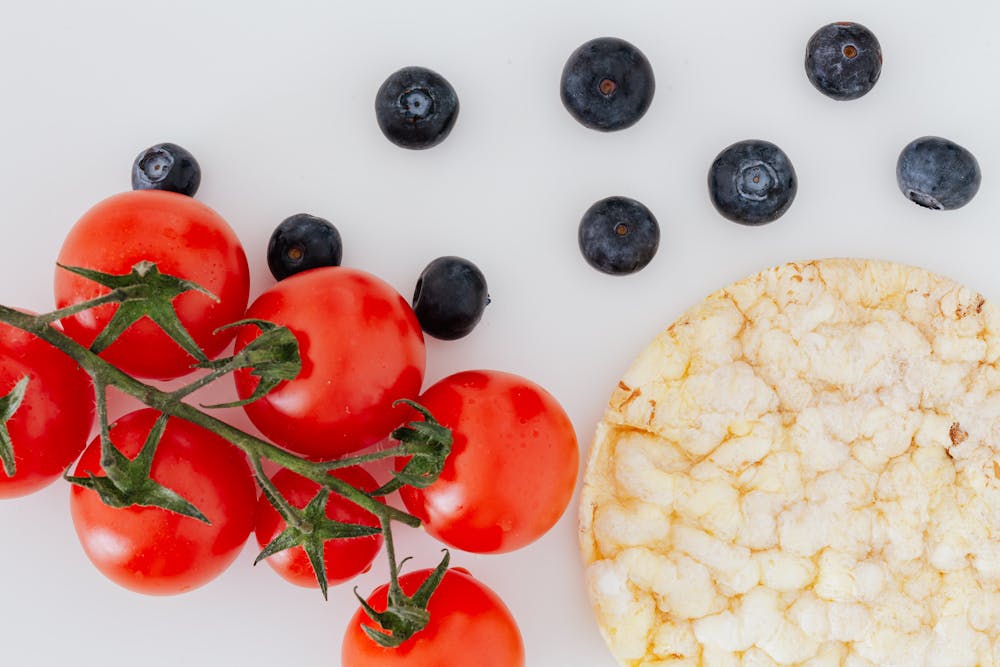As I delve into the fascinating world of nutrition and culinary arts, I find myself increasingly drawn to the age-old practice of fermentation—a traditional method of food preservation and flavor enhancement that offers a myriad of health benefits. From tangy sauerkraut to fizzy kombucha, fermented foods have been cherished for centuries across cultures for their unique flavors and remarkable nutritional properties. Let me share with you the diverse benefits of fermentation and some popular fermented foods:
 **1. Enhanced Digestibility:**
**1. Enhanced Digestibility:**
Fermentation breaks down complex carbohydrates, proteins, and fats into more easily digestible forms, which can help alleviate digestive discomfort and improve nutrient absorption. Fermented foods like yogurt and kefir contain beneficial probiotics that support gut health and promote a balanced microbiome.
 **2. Increased Nutrient Bioavailability:**
**2. Increased Nutrient Bioavailability:**
The fermentation process increases the bioavailability of certain nutrients, including vitamins, minerals, and antioxidants. For example, fermented vegetables like kimchi and sauerkraut are rich in vitamin C, B vitamins, and beneficial enzymes that contribute to overall health and vitality.
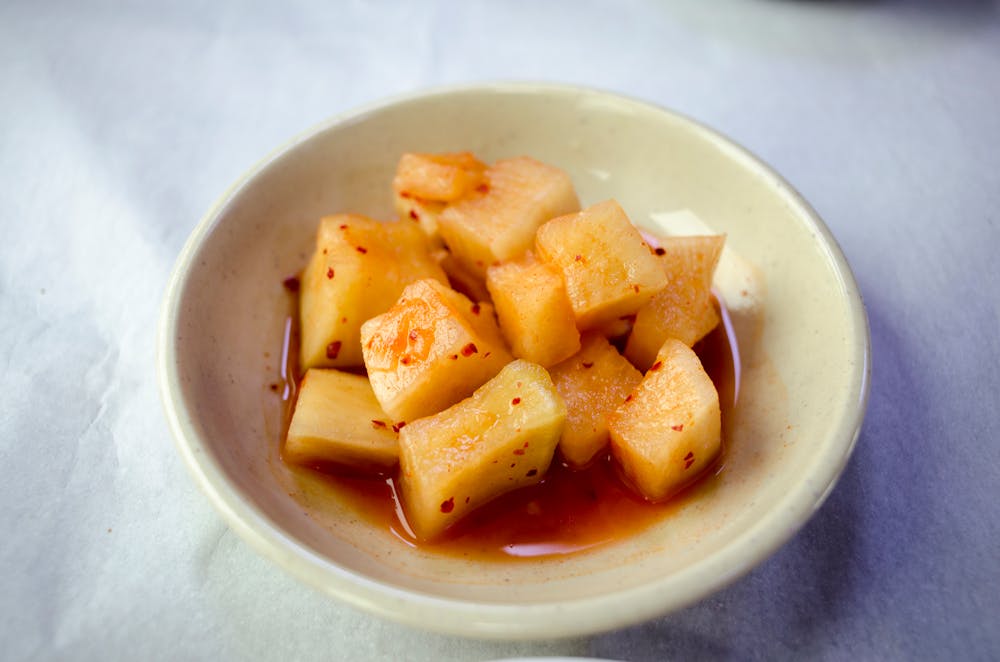 **3. Gut Health Support:**
**3. Gut Health Support:**
Fermented foods are potent sources of probiotics—beneficial bacteria that colonize the gut and support digestive function, immune health, and inflammation regulation. Consuming probiotic-rich foods like miso, tempeh, and kombucha can help maintain a healthy gut microbiota and reduce the risk of gastrointestinal issues.
 **4. Immune System Boost:**
**4. Immune System Boost:**
A significant portion of the body’s immune system resides in the gut, making gut health crucial for overall immune function. Probiotics derived from fermented foods play a key role in modulating immune responses and enhancing immune defense mechanisms, helping the body fend off infections and illnesses.
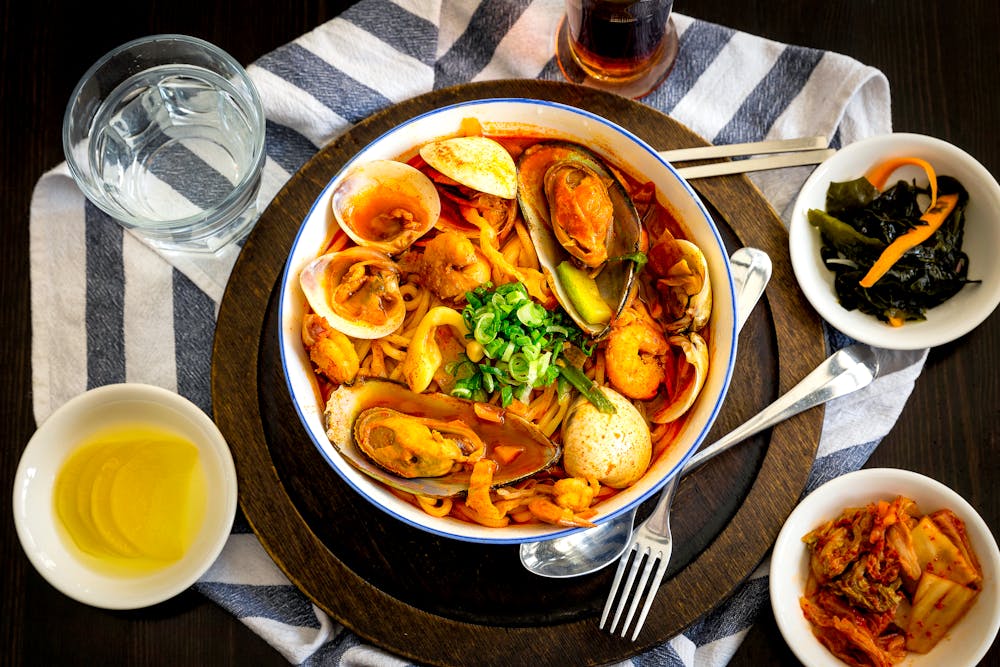 **5. Preservation of Food:**
**5. Preservation of Food:**
Fermentation serves as a natural method of food preservation, allowing perishable foods to be stored for extended periods without refrigeration. Fermented foods like pickles, olives, and kimchi can be safely preserved and enjoyed year-round, reducing food waste and supporting sustainable eating practices.
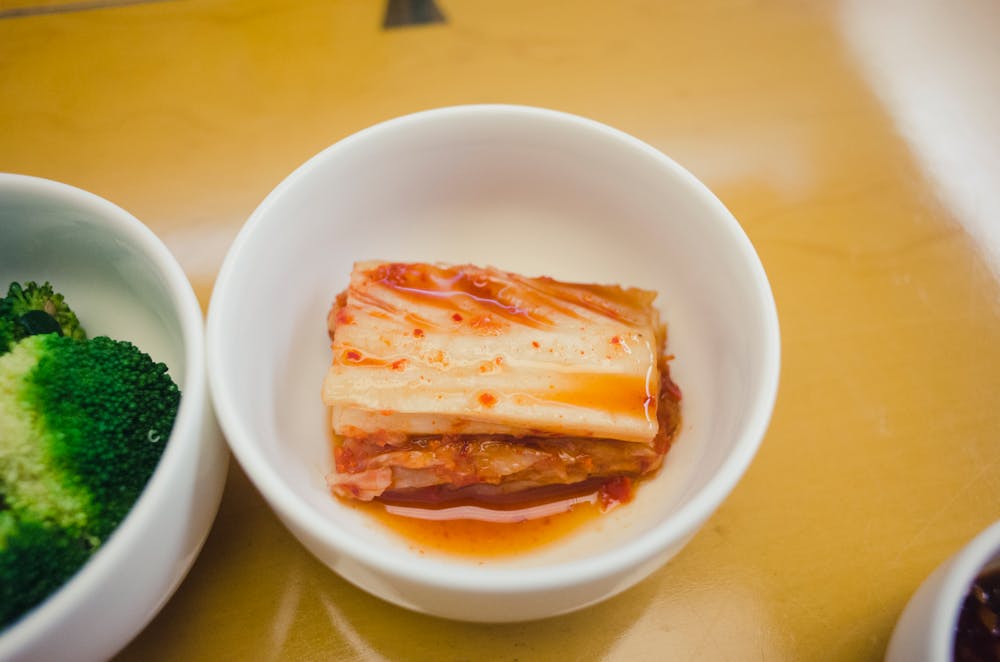 **Popular Fermented Foods:**
**Popular Fermented Foods:**
 – **Kimchi:** A staple of Korean cuisine, kimchi is made from fermented vegetables—typically cabbage or radishes—seasoned with garlic, ginger, and chili peppers. It’s prized for its complex flavors and probiotic benefits.
– **Kimchi:** A staple of Korean cuisine, kimchi is made from fermented vegetables—typically cabbage or radishes—seasoned with garlic, ginger, and chili peppers. It’s prized for its complex flavors and probiotic benefits.
– **Kombucha:** Kombucha is a fizzy, fermented tea beverage made from sweetened tea and a symbiotic culture of bacteria and yeast (SCOBY). It’s renowned for its refreshing taste and potential health-promoting properties.
– **Sauerkraut:** Sauerkraut is fermented cabbage that undergoes lactic acid fermentation, giving it a tangy flavor and crisp texture. It’s a versatile condiment and a source of probiotics and vitamins.
– **Yogurt:** Yogurt is produced by fermenting milk with live cultures of beneficial bacteria, such as Lactobacillus bulgaricus and Streptococcus thermophilus. It’s a creamy, nutritious food that supports digestive health and provides essential nutrients like calcium and protein.
 As I incorporate more fermented foods into my diet, I’m inspired by their rich history, diverse flavors, and profound health benefits. By embracing the art of fermentation, we can nourish our bodies, support our immune systems, and cultivate a deeper connection to the foods we eat. Whether enjoying a tangy spoonful of sauerkraut or sipping on a glass of bubbly kombucha, fermented foods offer a delicious and nutritious way to enhance our overall well-being.
As I incorporate more fermented foods into my diet, I’m inspired by their rich history, diverse flavors, and profound health benefits. By embracing the art of fermentation, we can nourish our bodies, support our immune systems, and cultivate a deeper connection to the foods we eat. Whether enjoying a tangy spoonful of sauerkraut or sipping on a glass of bubbly kombucha, fermented foods offer a delicious and nutritious way to enhance our overall well-being.
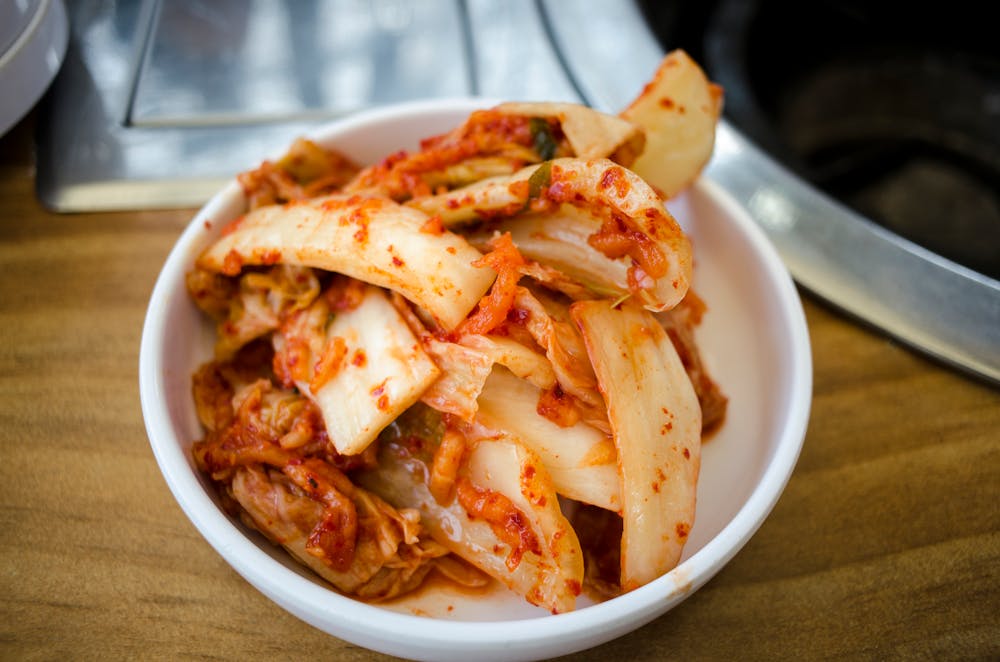



![Detox Your Home [Guide]: How to Create a Healthier Living Space purification for detox your home [guide]: how to create a healthier living space](https://www.trendynutritionhub.com/wp-content/uploads/2025/11/temp_purification_1763342236-150x150.webp)

![Boost Your Energy: A Natural Morning Routine Guide [2025] habits for boost your energy: a natural morning routine guide [2025]](https://www.trendynutritionhub.com/wp-content/uploads/2025/11/temp_habits_1763342040-150x150.webp)
![Unlocking Wellness: How to Reduce Exposure to Toxins [2025] living for unlocking wellness: how to reduce exposure to toxins [2025]](https://www.trendynutritionhub.com/wp-content/uploads/2025/11/temp_living_1763341946-150x150.webp)

